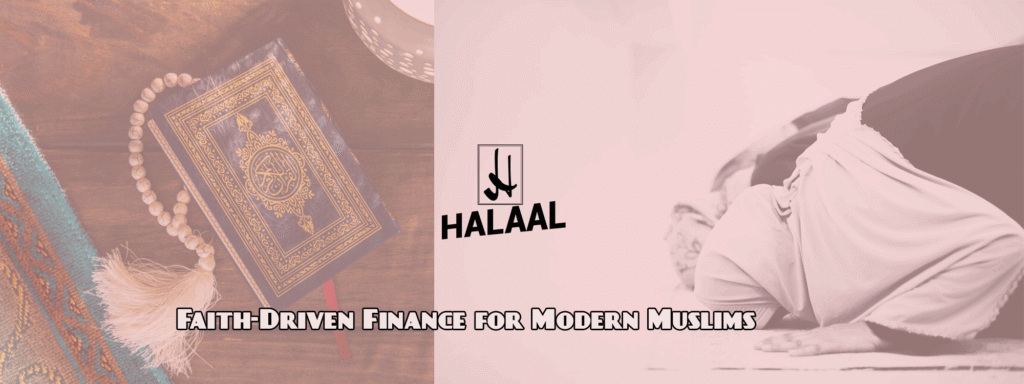Understanding the differences between Islamic inheritance and the British legal system
For Muslims in the UK, writing a will is not just a legal process. It is also a religious duty. But many Muslims face a challenge. The rules of inheritance laid out in Islam do not always match what is allowed under UK law. This can cause confusion, and in some cases, people avoid writing a will altogether because they do not know how to balance the two systems.
The good news is that with the right knowledge and guidance, it is possible to write a will that respects both shariah and British legal requirements. This page explains the key differences, why they matter, and how you can protect your family, your wealth and your faith all at the same time.
Whoever dies with a will dies upon clarity and the straight path.
Ibn Majah, Hadith 2699
This hadith reminds us that writing a will is not only about paperwork. It is a sign of responsibility, faith and care for others.
How inheritance works under shariah
Islamic inheritance is based on clear guidance from the Quran and hadith. It is not open to personal preference or family politics. Shares are fixed and assigned to specific relatives based on closeness, need and responsibility.
Key features of shariah inheritance:
- Spouses, children, parents and sometimes siblings all receive specific shares
- Male heirs may receive twice the share of female heirs in certain cases
- You cannot remove or exclude an heir without shariah reason
- Up to one third of your estate can be used for charity or personal gifts to non-heirs
- Debts and religious duties must be paid before anything is distributed
These rules are considered a divine command. They are not about favouritism. They are designed to balance justice, obligation and spiritual benefit.

How inheritance works under UK law
In the UK, you are allowed to leave your estate to anyone you choose. There are no fixed shares or religious requirements. You can leave everything to your spouse, give nothing to your children, or donate your entire estate to charity if you wish.
If you die without a will (called dying intestate), the government will follow a fixed process. Spouses and children are given priority, but this process does not follow any religious system.
Key features of UK inheritance law:
- You can give your estate to anyone
- There are no automatic religious or cultural protections
- Close relatives can challenge a will if they believe it is unfair
- If no will exists, the estate is divided by government rules
This freedom is useful, but it also comes with risk. If you want your estate to be handled the Islamic way, you must be clear and intentional in how your will is written.
Where the two systems conflict
There are three main areas where shariah and UK law may not match:
- Fixed shares vs personal choice
Islamic law fixes the shares for heirs. UK law lets you choose freely. - Heir rights
In Islam, you cannot disinherit a rightful heir. In the UK, you can exclude anyone. - Charity and the one-third rule
Islam limits personal gifts to one third of your estate. UK law has no such limit.
This means that if a Muslim writes a will under UK law without considering shariah, they could unintentionally create a will that goes against Islamic rules.
Can I follow both shariah and UK law?
Yes. You can create a will that is fully legal under British law and also complies with Islamic rules. It simply takes careful wording, proper planning and the right help.
To do this, your will should:
- Use shariah-compliant templates and advisors
- Clearly explain the Islamic inheritance shares you wish to follow
- Appoint executors who understand and respect your wishes
- Be properly signed and witnessed according to UK law
- Be reviewed after major life changes like marriage or new children
You can learn how to take that step in our Write Your Will guide.



Shariah vs UK Law FAQ’s
Not under Islamic rules. Spouses receive a fixed share, not the whole estate. In UK law, you can give everything to a spouse, but this would go against Islamic guidance.
Yes. In some rare cases, heirs or dependants can challenge a will if they believe it is unfair or causes hardship. This is why clear wording and legal advice are important.
It is not required, but it is helpful. You can include a short paragraph explaining that your will follows Islamic law. This can reduce confusion or challenges later.
Ideally, both. A solicitor ensures the will meets UK legal requirements. A scholar ensures it follows Islamic guidance. Some services offer both in one place.
As long as your will is legally valid and clearly expresses your wishes, it is generally respected. However, some people choose to leave a letter explaining the religious basis of their decisions.








Sign up